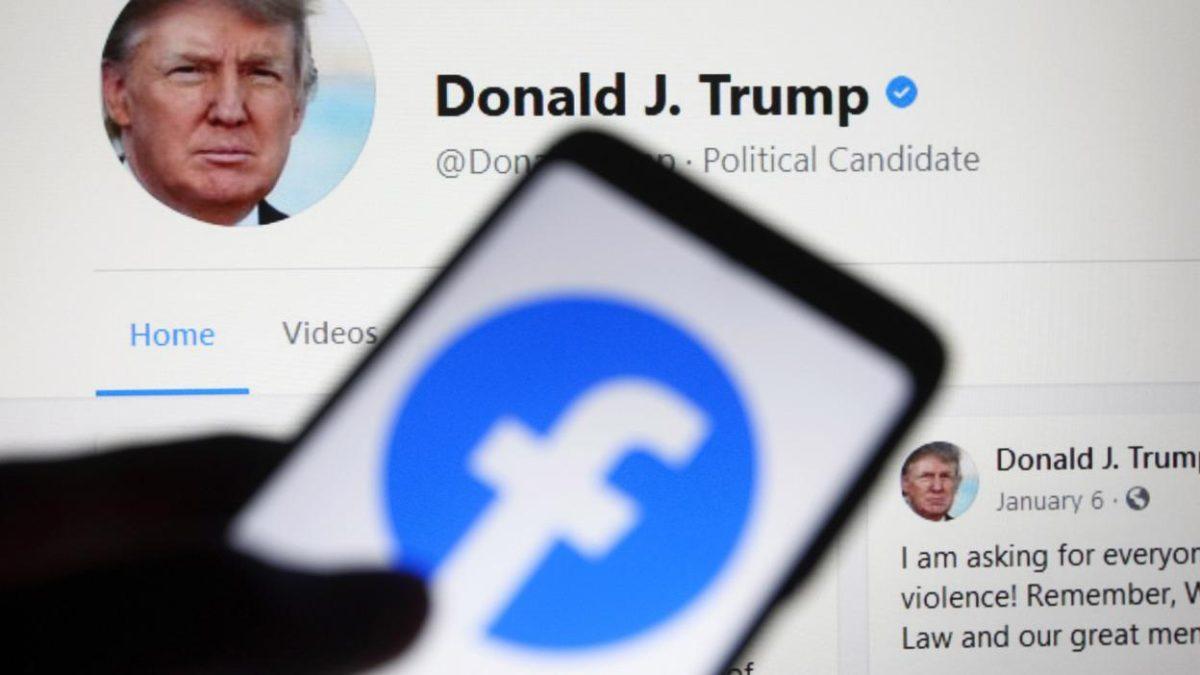Social media is a place for people to share information, but what happens when the information being shared is a risk to public safety? As Meta reverses their ban on Donald Trump, social media platforms struggle to maintain a stance on their responsibility for censorship.
Meta announced in late January that in the coming weeks former President Donald Trump will be allowed back onto their platforms, Facebook and Instagram, with stronger guardrails that will prevent previous offenses.
On Jan. 6, 2021, Trump’s praise for the violent acts at the United States Capitol led him to being indefinitely suspended from Meta platforms.
“The suspension was an extraordinary decision taken in extraordinary circumstances,” Meta said.
Due to the events that took place in 2021, Facebook and Instagram had to come back with an updated protocol. Once Trump is reinstated on the platform, he cannot break the new guardrails set in place or he could be suspended again, depending on how severe the violation is.
The suspension of Trump was controversial in 2021 and his reinstatement this year is as well. There has always been a debate on what should and should not be allowed on social media platforms. Many people are upset that Meta platforms cannot maintain their stance on censorship.
Community guidelines are a set of rules written by the creators of a platform in order to show users what is expected of their accounts and posts. According to Meta, one side of the community guidelines argument is that Meta needs to remove more content on their platforms than they already have.
The other side argues that the policies set in place to maintain order are borderline censorship. Social media users do not always agree with what the platform deems “inappropriate content.”
Although these guidelines are set, Meta says, “the public should be able to hear what their politicians are saying — the good, the bad and the ugly…”
Many Trump supporters believe this situation goes against the First Amendment. The right to have the freedom of speech has always been an issue on social media, and the suppression of speech has made people upset.
The significance in the actions being taken by Meta will set the example for other social media platforms in the future. Many questions remain for how these situations will be handled. Media censorship will be a problem for future social platforms because there is a fine line between what is considered “inappropriate content” and censorship.
All platforms need to decide what is best for their platforms when they are accused of censorship, because at the end of the day it is their decision what they want to be posted to the world.







